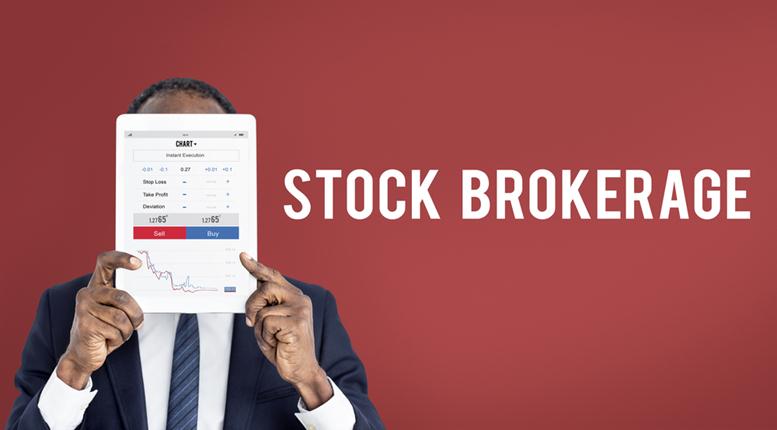To trade options successfully, a reliable and diligent broker is the single, most important catalyst. Why? Trading options require far more sophistication than traditional stocks. You must take into account trading tools, platform, and customer support staff.
While discount brokers generally do not offer trading advice or research, you have the option of paying more for a full-service broker.
Further, other factors that affect trading are the quality of a broker’s execution and the ease of using the broker’s trading platform.
An SEC requirement called the “National Best Bid or Offer” (NBBO) is held to options and equity brokers in the United States. This regulation requires the broker to provide the customer the best bid or offer price immediately available upon receiving the market order. It is important for investors to open an account with a broke who honors such NBBO requirement.
Platform
The broker’s platform should embody a standardized singled screen order entry forms for strategies such as horizontal and vertical spreads, butterflies, condors and other popular option strategy combinations. The broker’s trading platform should be simple to understand and navigate while aiming to provide all of the relevant pricing information you require.
Commission Structure
The flat fee for most discount options brokers is between the range of $4.95 and $12.99 per trade, with per contract charges between the range of $0.50 and $0.95 per contract.
Others offer a flat rate on all trades.
Additional services
Look for bonus services in addition to options execution. Some of these examples include brokers offering customers FDIC-insured savings accounts when opening a trading account. In addition to equities, some brokers will also offer trading in bonds, mutual funds, exchange-traded funds or ETFs, treasuries, certificates of deposit, commodities and foreign exchanges.
Featured Image: depositphotos/Rawpixel










